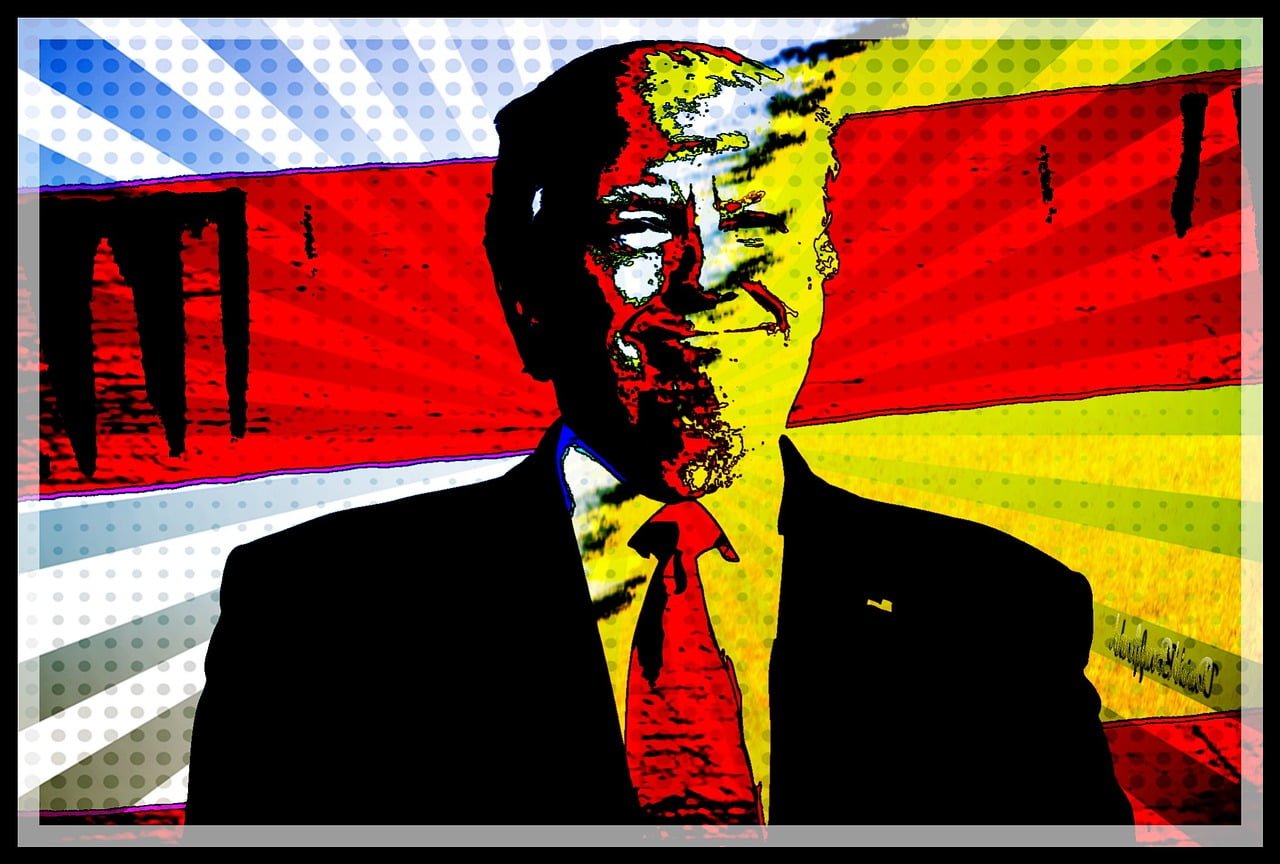In late 2011, the Department of Justice (DOJ) issued a memo in response to a federal court ruling that restricts its illegal, overly-broad interpretation of the Wire Act. No longer would the DOJ fabricate out of whole cloth the claim that the Kennedy-era law applied to casino-style games on the Internet.
Opponents promised doom and gloom – none of which ever materialized.
The decision re-established the proper balance between the federal government and the states. Consistent with the Tenth Amendment, the states would no longer have their gambling policy dictated to them by the federal government and were now free to decide whether to establish state-regulated Internet gambling within their borders.
And that is exactly what they did.
New Jersey and a handful of other states passed laws legalizing Internet gambling, while other states like Georgia took advantage of the opportunity to begin selling lottery tickets online. Opponents, most of whom were funded by Las Vegas gambling interests, promised pending doom and gloom – none of which ever materialized.
Online Gaming is Slowly Growing
Las Vegas billionaire Sheldon Adelson, his lobbyists, and a grasstops organization funded by his largess predicted a rash of under-aged gamblers would flood the Internet. In fact, there appear to be more under-aged gamblers in his brick and mortar casinos than on New Jersey’s online version. They even made outrageous claims that the state-regulated sites would somehow fund terrorism.
While the scare campaign rightfully fell on deaf ears, its implementers made a prediction that seems to be coming true. Adelson feared other states would follow suit – and that is exactly what's happening.
After years of haggling, Pennsylvania is the fourth state to legalize online gaming.
Pennsylvania is in the midst of a budget crisis. Seeing New Jersey success is raising revenue from Internet gambling, the Pennsylvania House of Representatives suggested that to avoid a tax increase, they would follow suit. This week, after years of haggling, Gov. Tom Wolf signed a measure to make Pennsylvania the fourth state to legalize online gaming – a move that is projected to bring in $426.3 million in tax revenue from 2017 to 2022.
Michigan is also considering making a move, and guess who the chief opponent is? When a hearing was held on the proposal to legalize online gaming in the state, a law firm founded by former Nebraska Attorney General Jon Bruning, a paid consultant for Adelson and his corporate empire, was the primary witness against the bill.
We can expect the same script to play out in New Hampshire, where the idea is also picking up steam.
States’ Rights
Say what you will about the claims of Internet gambling opponents, the state level is the proper forum for this discussion. States must decide whether to have Internet gambling. There is no reason for the federal government to dictate state gambling policy. If New Jersey and Pennsylvania want Internet gambling, so be it. If Utah and Hawaii, two states that don't allow any gambling, never legalize it, that is fine too. This is how federalism works.
There is no reason for the federal government to dictate state gambling policy.
Unfortunately, a federal threat to these state laws still looms strong. Despite pledging fidelity to the Constitution, retiring Rep. Charlie Dent (R-PA) and his fellow Keystone State colleague, Rep. Michael Fitzpatrick (R-PA) are trying to dictate gambling policy for their home state and 49 others. Mr. Dent wants to enact legislation overturning state laws, while Mr. Fitzpatrick is pushing for the DOJ to reverse half a decade’s progress in one fell swoop.
As Dent explores ways to attach an amendment to the budget that would impose a federal ban on online gambling, Fitzpatrick is busy trying to convince the Department of Justice to again outlaw the practice on its own. Meanwhile, Sheldon Adelson hired a lobbyist to move DOJ decision-makers, all while he likely continues to push Congress to resurrect his anti-online gambling legislation that would circumvent the Tenth Amendment.
The connection between federalism and gambling policy should be obvious to those who claim to support the Constitution, especially those who represent states that have already legalized it. Some members, however, seem willing to put their beliefs on hold to benefit a political benefactor. It’s the job of those in Congress, who swore an oath to uphold, protect, and defend the Constitution, to stop them in their tracks.
Joey Bradfield
Joey Bradfield is a campaign consultant and a former staffer for Sen. Rand Paul, R-Ky., and former Gov. Gary Johnson of New Mexico.
This article was originally published on FEE.org. Read the original article.







